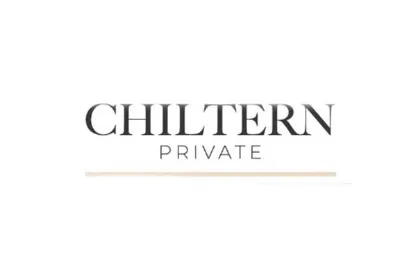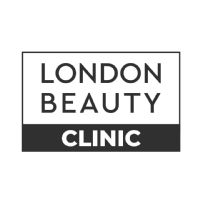Intravenous or IV Nutritional Therapy is the process by which a practitioner places a needle in a vein in your arm, attaches a cannula with a tube to a drip solution housed in a special bag which hangs from a stand. This delivers a controlled dose of electrolytes, vitamins, minerals and other nutrients directly into your body intravenously or directly into your bloodstream through your vein. This is similar to saline or other medicine filled drips which are delivered in a hospital environment to those who are ill or recovering from trauma.
In the 1960s, the use of IV delivered vitamin cocktails was proposed as a more effective method for delivering a dose of essential vitamins and minerals into the bloodstream than via oral options (food or pills) due to how our bodies digest, absorb and expel that which we ingest by mouth.
Their use has been touted over the years to ‘cure’ or mitigate the effects of everything from chronic fatigue, depression, fibromyalgia, respiratory and cardiac conditions, migraines and even cancer.
The most famous and earliest cocktail of vitamins and minerals delivered to patients in this way was that developed by Baltimore based American doctor, John Myers, in the 1960s, thus this became known as the Myers’ Cocktail.
This was essentially a multi-vitamin pill for IV delivery. Although there is no documented, published original ‘recipe’, the theory is that Dr. Myers used a 10ml syringe and administered by slow IV push a combination of magnesium chloride (2% solution), calcium gluconate, thiamine, vitamin B6, vitamin B-12, calcium pantothenate, vitamin B complex, vitamin C, and dilute hydrochloric acid. The exact doses of individual components were unknown but one doctor, Dr. Alan Gaby, who took on many of Dr. Myers’ patients after his death in 1984, treated over 1,500 patients, up to 2002, with his version of the Myers’ Cocktail – the modified Myers’ Cocktail. Many clinics still adopt this concept and adapt it for their own use today, and most commercially available products bear some resemblance to this cocktail.
Some regard IV nutritional infusions as a questionable treatment with evidence to support it being largely anecdotal, with few notable scientific publications or controlled studies. Dr. Gaby himself wrote the most widely quoted clinical paper following his experiences in which he concluded a similarly unproven result with mostly anecdotal evidence. He called for additional research to confirm the effectiveness of this treatment and to determine optimal doses of the various nutrients.
There is a broad range of views both from practitioners and patients alike, that they have had or seen beneficial effects from the IV delivery of nutrients.
If you take liquid or tablet forms of vitamins and nutrients, i.e. taking them orally (by mouth), then they must first be broken down and undergo absorption through the intestines and various other processes before they enter the blood stream. Because of this only a fraction of what we ingest orally actually get delivered to their target. All of the IV micro-nutrient vitamin drips on the market aim to achieve 100% absorption of their nutritive cocktail, directly into the bloodstream to reach the places that they are needed.
There are certain primary supplements which are available in many of the commercially available IV solutions, which can be lacking in individuals. Thus delivery of a cocktail of vitamins and minerals is designed to improve a variety of symptoms. These include:
Vitamin C
Vitamin C is considered an essential nutrient for the human body, which it must obtain from an outside (dietary) source as it cannot synthesis it internally. Vitamin C is found in many fruit and vegetables including citrus fruits, tomatoes, melons, peppers, potatoes, pineapples, brassicas and summer berries, plus many other sources. It is a water soluble vitamin which is ingested, used as required, and any excess is excreted out of the body through urine. A continuous supply is needed to maintain good health, otherwise long term deficiency, as we know from historical evidence, can lead to scurvy.
The body uses vitamin C to maintain normal growth and development through collagen synthesis and the formation of a number of different tissues and structures within, as well as when healing and repairing damage to tissues. It is also an antioxidant and plays an active part in preventing oxidative stress from free radicals.
Anecdotally vitamin C is touted as useful against the common cold, however clinical research notes that increased vitamin C consumption does not reduce the risk of catching a cold, nor does it appear to be helpful to take extra once a cold is caught, but there is some limited evidence that those who regularly take vitamin C supplements may reduce the longevity and symptoms experienced from any cold that they catch.
Vitamin B-12
Vitamin B-12, which also goes by the name Cobalamin, is another water soluble vitamin which the human body is incapable of synthesising internally. Its primary role is in metabolism, and plays a key role in the formation of blood and the normal functioning of the brain and nervous system. Vitamin B-12 is found naturally in animal derived foods, such as meat/poultry, fish, shellfish, eggs, milk and other dairy products, (it is not present in plant based products), as well as in those foods which have been fortified with vitamin B-12, such as breakfast cereals and breads.
According to A hunt et al who published in the BMJ in 2014, a deficiency in vitamin B-12 is relatively common, estimated to affect 6% of those under 60 years of age and 20% of those over that age.
Deficiency is usually related to a decreased intake, as is common with vegetarian and vegan diets, a reduction in the ability to absorb the vitamin due to age, as well as increased bodily requirements that are not being met adequately, such as during pregnancy and breast feeding. More commonly it is due to poor absorption of the vitamin through the stomach due to a condition called pernicious anaemia. Alcohol consumption, even as moderate levels of regularity, as well as having an effect on the hydration of the body, can also impact on the absorption of vitamin B-12 due to the damaging effect that it has on stomach cells.
Vitamin B-12 is often marketed as great supplement to increase energy and endurance for athletic performance, and is often found as a fortifying ingredient in energy drinks, however, unless an individual is clinically deficient in the vitamin, there is no evidence to suggest that this has an effect.
Glutathione
Glutathione is a tri-peptide that is an important antioxidant that helps to prevent damage to cells from free radicals. It is also actively involved in iron metabolism and the synthesis and repair of DNA, proteins and other biochemical reactions. Unlike other nutrients, the human body is able to synthesis glutathione from the amino acids L-cysteine, L-glutamic acid and glycine. It can do this within all the cells in the body but research has shown that the glutathione synthesis which takes place in the liver is the most essential.
Low levels of glutathione are seen in those people with cancer, HIV/AIDS and other traumas or sepsis, as well as in athletes who are over training and pushing their bodies to the extreme.
Magnesium Sulphate
Magnesium sulphate is commonly used as a pharmaceutical preparation of magnesium and is more readily known in common parlance as Epsom Salts. Magnesium sulphate given intravenously or as an intramuscular injection is used to treat eclampsia with evidence supporting its vasodilatory capabilities.
The supplementation of magnesium sulphate can be used to treat hypomagnesemia which can occur on an ad-hoc basis due to an inadequate intake of magnesium from one’s diet due to chronic diarrhoea, malabsorption problems (as seen with weight loss patients), excess alcohol consumption and chronic stress, as well as in those taking medications which have a diuretic effect. Insufficient levels of selenium, vitamin B6 and vitamin D from sun exposure can also have an effect on the body’s levels of magnesium.
A deficiency in magnesium causes symptoms including weakness, muscle cramps, tremors or shakes due to the impact in the nervous system as well as heart rhythm abnormalities.
Calcium Gluconate
Calcium gluconate is a mineral supplement which according to the World Health Organisation is one of the most important medications needed in any basic healthcare facility. Given as an intravenous solution it is the most widely used form of calcium for treating hypocalcaemia or low serum calcium levels in the blood. Such low levels are most commonly caused by a vitamin D deficiency.

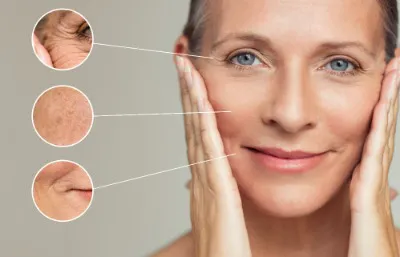
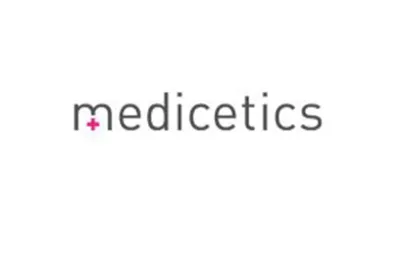
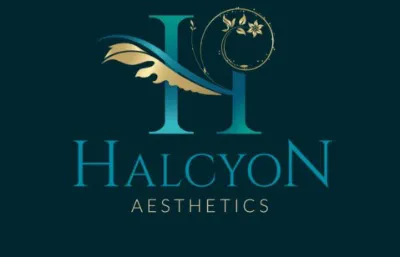

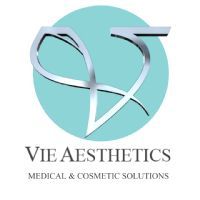
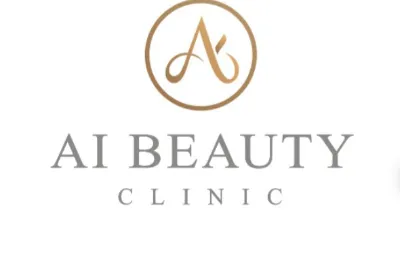


.png)
